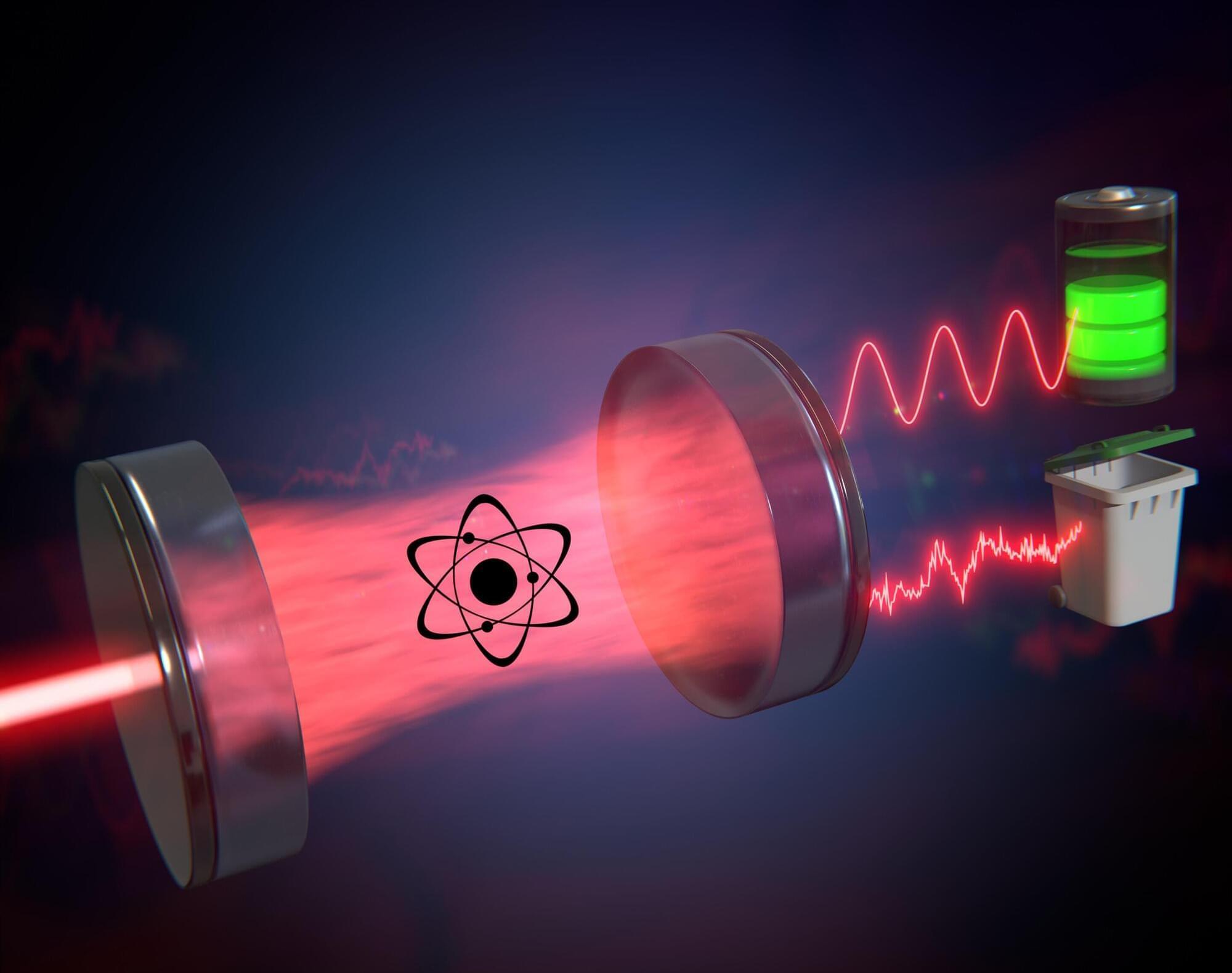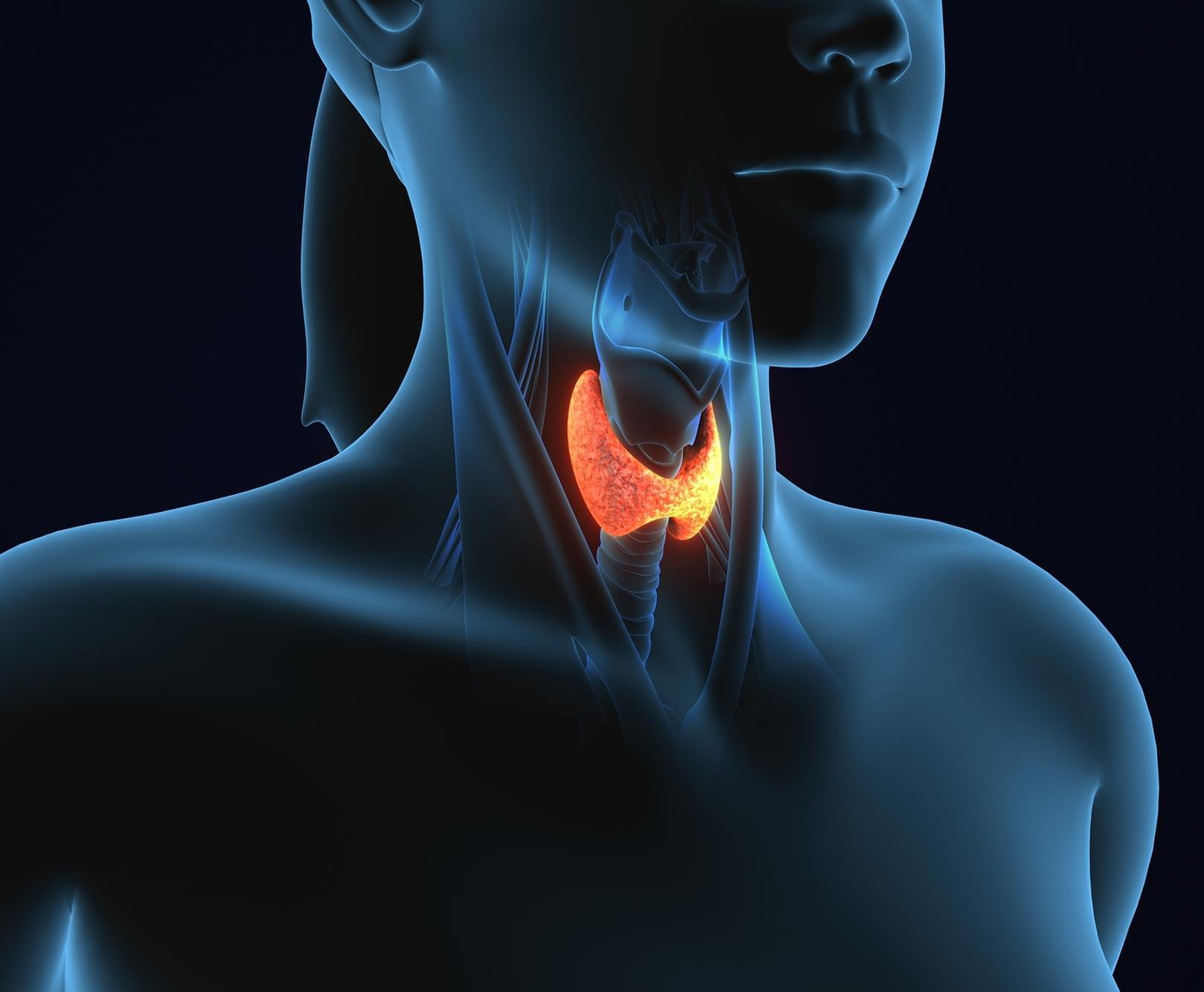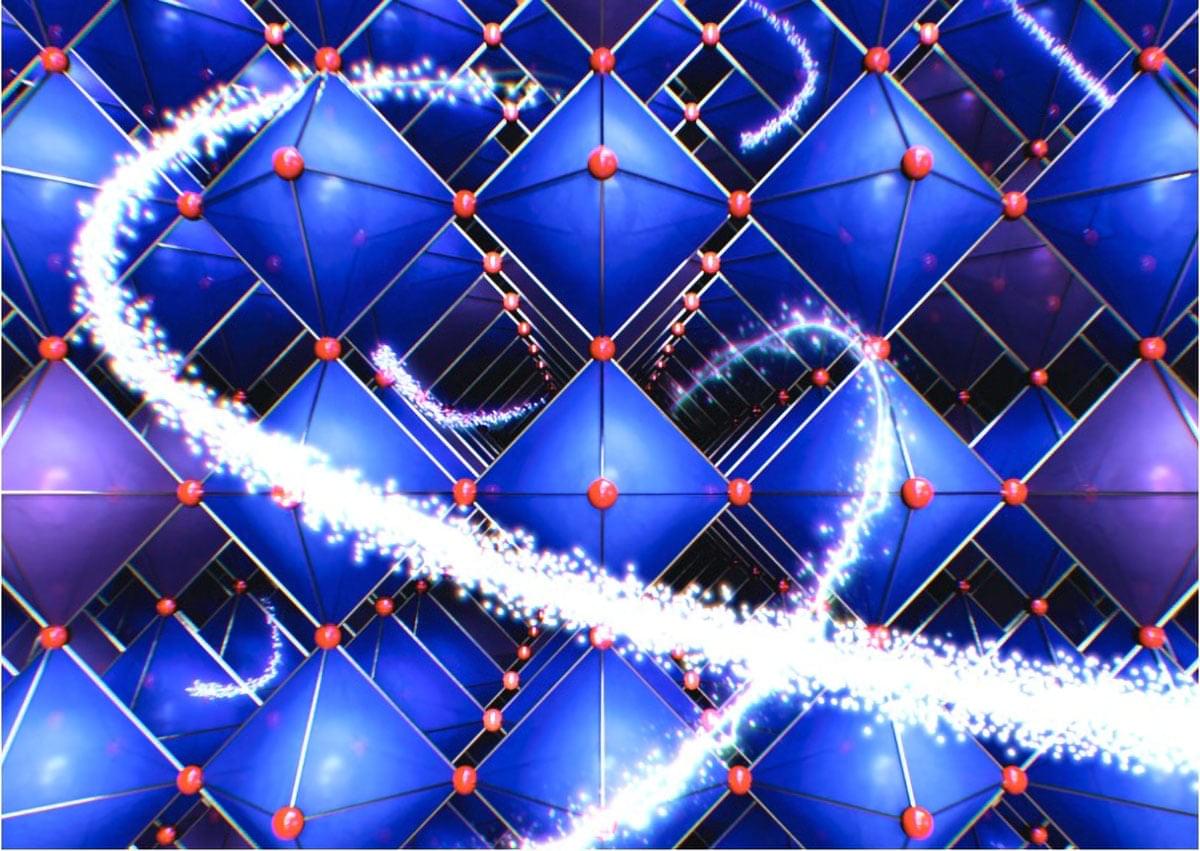Researchers at the University of Basel have developed a new approach to applying thermodynamics to microscopic quantum systems.
In 1798, the officer and physicist Benjamin Thompson (a.k.a. Count Rumford) observed the drilling of cannon barrels in Munich and concluded that heat is not a substance but can be created in unlimited amounts by mechanical friction.
Rumford determined the amount of heat generated by immersing the cannon barrels in water and measuring how long it took the water to reach boiling. Based on such experiments, thermodynamics was developed in the 19th century. Initially, it was at the service of the Industrial Revolution and explained, physically, for instance, how heat can be efficiently converted into useful work in steam engines.









